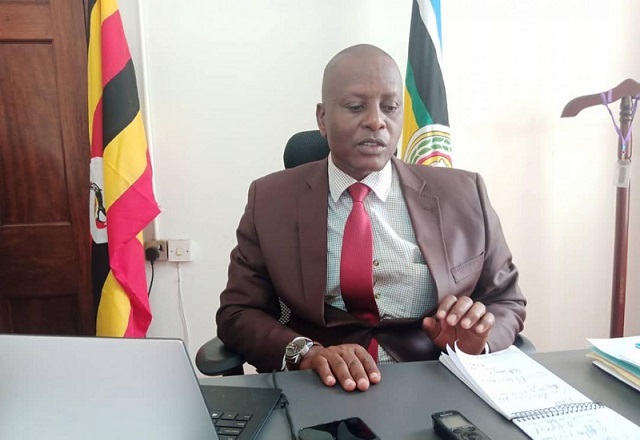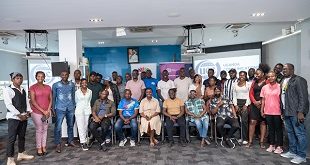
Kampala, Uganda | THE INDEPENDENT | The Judiciary has revealed that it will go ahead and hear election petitions ex parte if any person whose victory is being challenged refuses to file a response to the case against them.
Jameson Karemani, the Judiciary Public Relations Officer revealed this to Uganda Radio Network (URN) during an exclusive interview aimed at finding out the options available in case a petitioner tries to serve a respondent but they adamantly refuse to accept documents and as well fail to put in a response or delay to acknowledge receipt.
The law provides for seven days within which to serve the respondent and ten days for them to make a response to the petition.
But according to Karemani, the law provides that the petitioner has to serve the respondent physically and if he or she looks for them and fails to get them, he or she can go to the place where they think that person resides with the help of a local council chairperson and pin the documents on that person’s door.
If they fail to succeed, Karemani states that the petitioner can then return to the court to file an application for substituted service such that the person can be served through mass media like radios, television or newspapers.
He adds however, that the petitioner must have evidence to prove that he or she tried to serve someone on a given date and failed which has to be by way of an affidavit.
Karemani who also doubles as the Civil Division Registrar says in the event that an application for substituted service is granted but still the respondents don’t file a response, Karemani says courts will go ahead and hear the matter ex parte although he doesn’t reveal how many cases haven’t yet been responded to.
He says hearing of the case ex parte doesn’t automatically mean that the petitioner is going to win the case. But instead, the petitioner has to prove reasonable grounds to be given judgment in his favor.
Recently, several petitioners tried to look for the respondents in their case but failed to get them physically and had to return to court seeking permission to serve them using alternative means.
Some of these include, Forum for Democratic Change candidate for Kamuli District Woman MP race Salaamu Musumba who filed a case against Rebecca Kadaga challenging the outcome of the January 14th, 2021 elections.
Another was National Resistance Movement candidate in the Katikamu North elections, Gaddafi Nassur who filed a case against his rival Denis Ssekabira who won the race on National Unity Platform party ticket.
Others include Sulaiman Kidandala who wanted to serve copies of the petition to his rival Muhammad Ssegirinya who had been sent to Kitalya prison and Fred Nyanzi Ssentamu against Muhammad Nsereko.
These are some of the 104 election petitions that were filed in various High Court circuits in the country grounded mainly on allegations of violence, election fraud, and lack of the requisite academic qualifications. These were filed shortly after the February 17th, 2021, Uganda gazette confirming the persons whose victory is being challenged as the legitimate winners of the January 14 elections.
But to date, despite the fact that the law says election petitions have to be handled with urgency and within 30 days, almost two months later, the matters have not yet been fixed for hearing.
But Karemani explains that the Judiciary has already made a deployment plan of the Judges, with the Mbale circuit which has the highest number of petitions to have four Judges and others have also been deployed in various circuits depending on the number of cases filed there. He says delay of the cases is because the Ministry of Finance is yet to release funds for this coming financial year quarter.
*****
URN
 The Independent Uganda: You get the Truth we Pay the Price
The Independent Uganda: You get the Truth we Pay the Price


